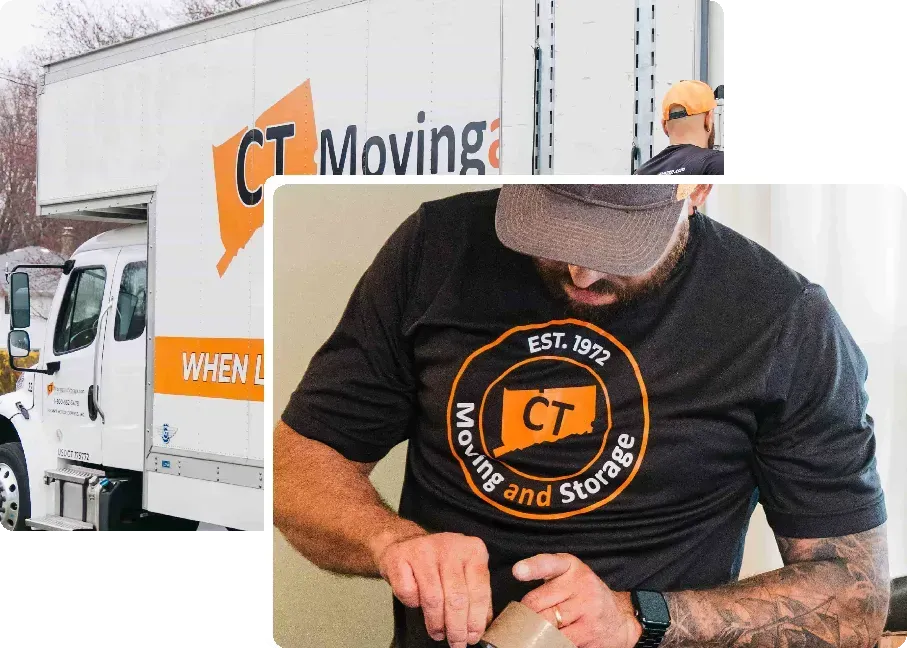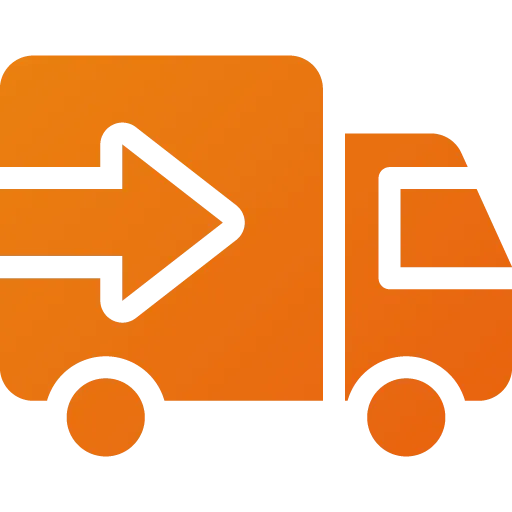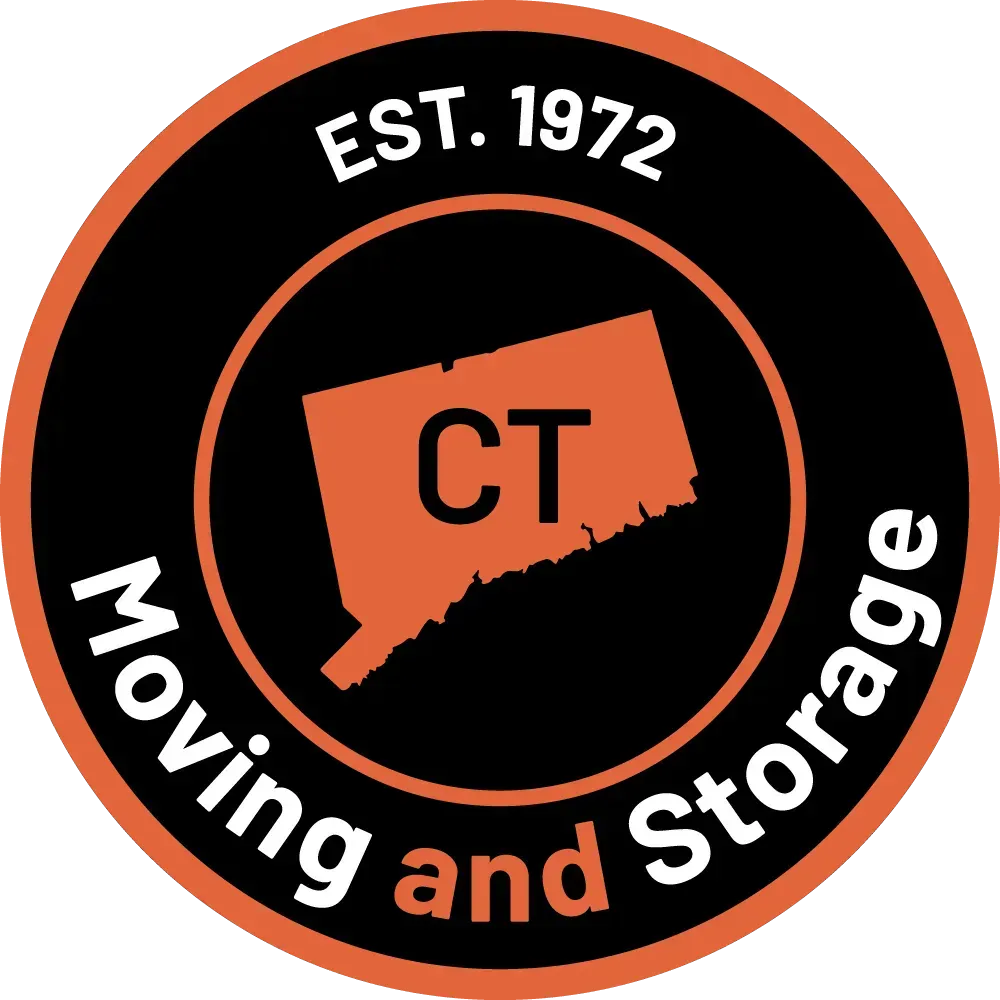
Full Service Moving Solutions Near You
At , CT Moving and Storage we offer a variety of additional services to cater to your unique moving needs. From professional packing and secure storage to appliance servicing and furniture assembly, we've got you covered. Trust our team to handle every detail, ensuring a seamless and stress-free moving experience.
Urban vs. Rural Pallet Delivery Challenges: Navigating the Logistics Landscape at Pallet Shipping Philadelphia in Tobyhanna, PA
With great consideration to the shifting landscape of logistics and freight transport, it becomes increasingly obvious that these services impact a business's performance and achievement. Palletized freight, in most cases, is the most economical means of shipping commercial goods because of its structural nature, easy handling, and compatibility with warehousing activities. However, every delivery environment differs from the other. Pallet deliveries in urban areas and those in rural areas involve quite different logistical problems, with each type presenting its unique obstacles.
Located in Tobyhanna, Pennsylvania, Pallet Shipping Philadelphia serves a broad spectrum of clientele ranging from large scale urban operations within the heart of Philadelphia to rural small scale businesses and farms in northeastern Pennsylvania. Exposure to such diverse clientele helps us appreciate the complexities and wonders each environment offers. In the following lines, we urban and rural pallet delivery operations challenges, explaining how we uphold our exceptional standards while accommodating for these differences.
With great consideration to the shifting landscape of logistics and freight transport, it becomes increasingly obvious that these services impact a business's performance and achievement. Palletized freight, in most cases, is the most economical means of shipping commercial goods because of its structural nature, easy handling, and compatibility with warehousing activities. However, every delivery environment differs from the other. Pallet deliveries in urban areas and those in rural areas involve quite different logistical problems, with each type presenting its unique obstacles.
Located in Tobyhanna, Pennsylvania, Pallet Shipping Philadelphia serves a broad spectrum of clientele ranging from large scale urban operations within the heart of Philadelphia to rural small scale businesses and farms in northeastern Pennsylvania. Exposure to such diverse clientele helps us appreciate the complexities and wonders each environment offers. In the following lines, we urban and rural pallet delivery operations challenges, explaining how we uphold our exceptional standards while accommodating for these differences.
1. Infrastructure and Road Accessibility
Urban Challenges:
In city regions, road networks like those in Philadelphia are chronically packed and highly regulated. Delivering pallets in such environments requires navigating a maze of one-way streets, traffic-clogged thoroughfares, and narrow passageways. Numerous delivery zones suffer from a lack of ample parking, crushing docks with limited space, low clearance bridges, and restricted access times. Each of these parking violations poses costly tickets that economical drivers attempt to beat by unloading multiple pallets rather quickly.
Further, cities often have more stringent regulations regarding the type of vehicles for use. Factors such as weight restrictions, emission cuts, and noises made limit the sorts of trucks that can be deployed. Tight urban eco-friendly vehicle regulations mandate the frequent employment of smaller, city-friendly clean transport vans, thus leading to more trips being made.
Rural Challenges:
In contrast to urban areas, rural regions like Tobyhanna and the Pocono Mountains have their own set of road-related challenges for deliveries. Roads are often rough dirt paths, overlooked for maintenance, or sometimes do not appear on GPS. Additionally, driving in the winter is exceptionally dangerous due to ice and snow, while spring introduces the perils of muddy roads and washed out pathways. Heavy freight cannot cross some of these bridges without going into long detours around.
Furthermore, complex logical planning or even voxel-based freight transloading to smaller vehicles may be necessary, as large tractor-trailers might face difficulties maneuvering through tight rural sorties and driveways.
2. Delivery Timing and Scheduling
Urban Struggles:
Time sensitivity is a major issue for customers both in urban areas and in metropolitan cities. Most customers, especially those from high volume businesses like restaurants, retail chains, and manufacturing centers, require their goods to be delivered within very small windows of time. If a delivery window is missed, it can result in additional charges for late payment, storage expenses, or even loss of business altogether.
In addition, a lot of city locations require during off peak traffic hours which usually means after office hours. This necessitates planning for very early morning or late night drops which adds to driver fatigue and increases exhaustion as well as scheduling intricacy alongside system strain.
Rural Struggles:
In comparison, rural deliveries tend to be more lenient when it comes to time. However, the trade off is having delivery rarely delivered. A rural firm could receive pallet orders bi weekly. If there’s a delay because of weather, mechanical problems, or route issues, rescheduling is difficult on account of infrequent access and remote location.
Furthermore, because rural stops are so scarce and distant from one another, planning many deliveries on one road becomes more intricate as well as expensive.
3. Limitations on Communication and Technology
Urban Problems:
The availability of mobile phone and internet services in urban areas is commendable. It makes it possible to monitor location, interact with drivers, and communicate with dispatchers in real time. On occasion, GPS can be interfered with by underground loading bays, tall buildings, and tunnels which can further stall progress.
Urban Delivery Operations depend on high tech systems which require integration from numerous sectors – warehouse, transportation, and customer service. The slightest downtime in the systems poses great risk to deliveries which are time sensitive.
Rural Problems:
These areas are greatly disadvantaged in terms the technology due to poor mobile signal and lack of broadband internet. Furthermore, drivers in these regions may become unreachable for extended periods of time, rendering immediate updates and rerouting unfeasible.
In addition, customers situated in rural areas do not make use of modern sophisticated inventory management tools. Rather, they rely on telephone communications and manual notes which complicates coordination and increases the chances of miscommunication.
4. Cost and Efficiency
Urban Challenges:
The fuel spent in traffic, the time trapped in idling, and the expenses accrued from waiting too long to park or missing delivery appointments add a cost to urban deliveries that is seldom acknowledged. The additional fuel wages required to get drivers who are willing to deal with city stress also increase operational costs.
Shorter travel distances paired with longer service times per stop further reduce efficiency in cities. In downtown Philadelphia, it may take two hours to drive five miles and make one delivery but in rural areas, the same time spent traveling can cover 50 miles.
Rural Challenges:
Rural delivery offers respite from the congestion of cities, but also, introduces inefficiencies in distance and density. Less deliveries per square mile translates to longer routes which increases fuel consumption and delivery costs. Without planning routes and consolidating, rural pallet delivery becomes unprofitable due to increased cost per delivery.
There is a greater need for advance contingency planning in rural delivery. Due to limited access to roadside assistance, repair shops, or alternate routes, a single breakdown can disrupt an entire day’s worth of delivered parcels.
5. Workforce and Equipment
Challenges Specific to Urban Areas
Urban delivery drivers require sophisticated training because every city has its unique challenges. Not every driver is able to skillfully maneuver a 26-foot box truck through Philadelphia’s narrow alleys or parallel park in Center City. There is also anecdotal evidence for a higher driver turnover rate in the city due to stress, which adds to the already high recurring costs associated with hiring and training.
Fleet maintenance is another concern. Stopping and starting the vehicle takes a toll on the brakes and tires; city traffic tends to be tougher on the vehicle suspension system components as well.
Rural Challenges:
Delivering to rural areas often requires a degree of social comfort with operating in relative isolation. Customers who lack standard unloading equipment can speak with the delivery person professionally, albeit in a nonstandard manner. Minor mechanical self-repairs, navigation using paper maps in lieu of GPS, and professional interaction with remote clients require a different skill set: adaptability, problem solving, and effective time management.
Fleet vehicles must also be sturdy enough to withstand off-road, or low-maintenance road.
6. Customer Service Expectations
Urban Challenges:
Customers in urban regions expect near-instant service in industries that follow just-in-time delivery models. There is fierce competition and low tolerance for errors. Customers might consider switching providers immediately if a pallet is delivered damaged or is late.
Delivery personnel, in a city, may come into contact with a heterogeneous range of staff—the receiving clerk and building security, freight elevators, etc., which makes a single delivery much more complicated.
Rural Challenges:
Customers from rural places prioritize fostering working relationships and dependability over speed. A higher level of trust is expected, especially with farmers, independent contractors, or remote businesses that are reliant on timely deliveries.
Given that choices are often scarce in rural locations, customer loyalty can be quite strong, but only if the service remains consistent. A single negative incident may permanently tarnish a company's reputation in a small community due to the close-knit nature.
7. Environmental and Climatic Changes:
Urban Challenges:
At the same time, urban centers appear to be subject to additional environmental policies, such as low emission or no diesel truck zones. This forces investment in compliant fleet scrubbers and strategies which may be prohibitive.
Traffic and congestion phenomenon are completely New England centered. In urban regions, seemingly benign weather changes can cause enormous backup in the system due to the extensive network of roads and routes.
Rural Challenges:
In the rural area frameworks, especially in Outlying Tobyhanna, climatic influences are much more pronounced. Delivery timelines can be easily postponed by snowstorms, ice, fog, and even mudslides. In the areas that endure extreme and harsh winters, several roads are virtually guaranteed to be completely blocked for days and sometimes even weeks.
Obstructions of wildlife movements, dead trees, and periodic closures of roads are challenges that non-urban routes encounter and plan for. These unique obstacles need well-structured approaches and intricate routing plans.
How Pallet Shipping Philadelphia Brings Resolution to These Problems
Our team at Pallet Shipping Philadelphia comprehends the intricacies of both delivery ecosystems. Located in Tobyhanna, PA, we are uniquely positioned as being situated in the middle of both rural and urban commerce which allows us to serve both effectively. Here are some of the strategies we employ:
- Intelligent Smart Routing: Our systems use a traffic, weather and road condition adaptive route planning to minimize delays.
- Diverse Fleet: Our fleet that includes box trucks, flatbeds, and all terrain vehicles posssessing the capacity to operate in multiple environments.
- Local Expertise: We hire drivers who are knowledgeable of the urban/rural interface so that we can deliver anywhere with certainty.
- Flexible Scheduling: We offer both prompt and flexible deliveries depending on the client’s needs and geographical location.
- Communication Gates: Clients can plan around deliveries using our proprietary customer portal systems with real time order tracking ensuring complete transparency.
Conclusion
The delivery of pallets has both its urban and rural settings, each with distinct logistical problems. Delivering pallets ranges from the busy streets of Philadelphia to the curvy Tobyhanna roads, requiring sophisticated planning, strong infrastructure, and flexible servicing to counter all possible challenges.
Pallet Shipping Philadelphia is proud of our capabilities to serve both markets with attention and dexterity. Investing in the right tools, people, and processes to meet specific delivery environmental obstacles enables us to guarantee safe and timely pallet delivery to customer docks and country barns alike—all while upholding the quality of service expected from us.
Professional packing using high-quality materials; partial or full options available.
Disassembly at the origin and reassembly at the destination.
Assistance with moving items within your residential or commercial property.
Extra care for delicate items like antiques, artwork, pianos, and electronics.
Moving boxes, packing tape, bubble wrap, and other materials for sale or rental.
Additional insurance options for high-value items or comprehensive coverage.
Fill out our contact us form or call us at (860) 628-6373 to schedule your move!
Common Questions
How long will it take to transport my pallet?
Transport time varies based on the distance and route. Typically, local deliveries take 1-3 business days, while longer distances may take 3-7 days. Expedited options are available for faster delivery.
How do I request a pallet transport service?
You can easily request a transport service by filling out the online quote form on our website or contacting our customer service team via phone or email. Be sure to provide details such as the pallet size, weight, destination, and preferred pickup time.
What happens if my pallet is damaged during transport?
We take great care in handling all pallets, but in the rare case of damage, we offer damage protection coverage. Please inspect your pallet upon delivery, and if any damage is noted, contact our customer service team immediately to file a claim.
Can you transport fragile or sensitive items?
Yes, we specialize in handling all kinds of items, including fragile and sensitive goods. We can provide custom packaging and secure transport options to ensure safe delivery.
Can I track my pallet during transport?
Absolutely! We provide real-time tracking information for all shipments. You’ll receive updates and tracking details so you can monitor your pallet’s journey from pickup to delivery.
What safety protocols do you follow during transport?
We adhere to all safety regulations to ensure the safe transport of your pallets. Our team uses high-quality equipment and follows strict guidelines for loading, unloading, and securing pallets during transit.
How do I prepare my pallet for transport?
Ensure your pallet is securely wrapped and packed, with no loose or protruding items. If you’re unsure, we can provide packaging services to ensure your pallet is safely ready for transport.
What if I have a special request or unique shipping requirement?
We’re happy to accommodate special requests! Whether it’s custom pallet sizes, temperature-sensitive goods, or additional handling requirements, please let us know in advance, and we’ll work to meet your needs.
How do I prepare for a pallet pickup?
For a smooth pickup process, make sure your pallets are easily accessible and properly stacked or wrapped. If you need assistance with palletizing your goods, let us know in advance, and we can offer support.
How do I ensure my pallets are compliant with shipping regulations?
To ensure compliance, we recommend checking the weight and size limitations of your pallets, as well as ensuring they are properly packed and labeled. Our team can guide you on the necessary standards and regulations for shipping.
What happens if my delivery is delayed?
While we strive to meet all delivery timelines, delays can occasionally happen due to weather, traffic, or other unforeseen factors. We’ll keep you informed if there’s any delay and provide an updated delivery estimate.
What if my pallet is not picked up at the scheduled time?
In the rare event that your pallet is not picked up on time, please contact our customer service immediately. We’ll investigate the situation and work to resolve any issues promptly.
What Our Customers Say
Nothing makes us happier than helping our clients accomplish their goals. Here's what over 1,000 customers have said about our moving services.
Find Out What Sets Us Apart

Same-Day Moving Services

Upfront and Honest Pricing

Exceptional Customer Service

Experienced, Professional Crews

Damage-Free Guarantee

Dependable Scheduling





